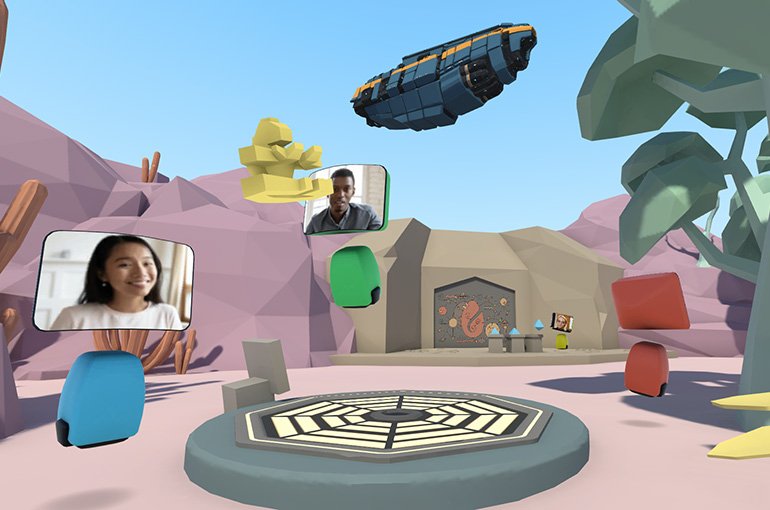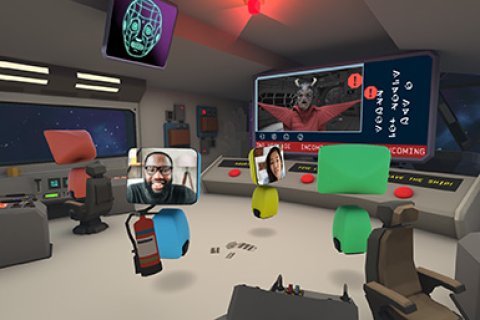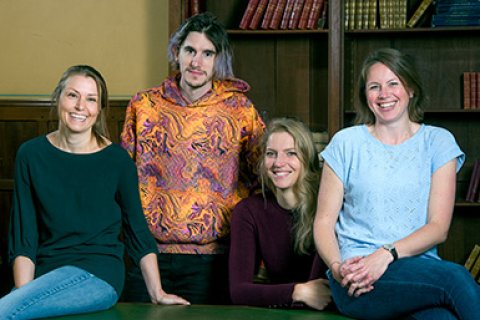Researchers launch online escape room to get you thinking about Open Science

Open Science is an increasingly important part of conducting research. To increase the familiarity of the concept, the team of the Open Science Escape Room project (OSER) designed the online escape room Last Contact. One of the team members is Karin Fikkers, assistant professor of Language and Communication at Utrecht University. “With our escape room, researchers can experience why Open Science is closer to the true ideal of science, and therefore really worthwhile, in a playful way.”
Benefits for science and society
The OSER team realised that there is still a large group of researchers who are not familiar with Open Science, or who have less affinity with the concept. A shame, Fikkers thinks. “With Open Science, scientific research becomes more transparent, accessible, robust, and inclusive. You share your research methods, data, and results not only with scholars, but also with other people it concerns. This not only gives researchers more confidence in scientific findings, but also society as a whole.”

With the escape room Last Contact, the OSER team seeks to raise awareness of Open Science. “In this online game, you and your team try to rescue a spaceship”, Fikkers explains. “From the comfort of your own chair, you are dispatched to the spaceship. There it is up to you and your teammates to find out what happened to the crew.” As a team, you solve puzzles and problems: you share your knowledge. “Without mentioning the term ‘Open Science’, you get players to think about it anyway.”
Open Science Escape Room
“For the development of the game, we got help from people behind escape rooms in Amsterdam”, Fikkers says. “They have a lot of experience in both creatively devising an interesting escape room experience, as well as in programming it. Together we brainstormed about the core idea we wanted to convey and how to translate it into Open Science experiences that researchers from all kinds of disciplines would recognise. I think researchers now have a fun way to open up the conversation.”

Karin Fikkers is interested in how interactive stories can convince people, for example about the usefulness of Open Science or the need for sustainable behaviour. Leading the OSER project was Assistant Professor Anita Eerland (Radboud University). As with her previous employer (Utrecht University), she works on setting up Open Science initiatives, such as the Open Science Community. For the OSER project, she received an NWO Open Science Fund.
Alexander Gierholz, co-founder and creative director at Logic Locks, was responsible for creating the online escape room and conceived and developed the creative idea. Francine Boon and Victor van Doorn, owners of the Amsterdam escaperoom Sherlocked, contributed ideas on the project proposal and the feasibility of building an escape room as social partners.

